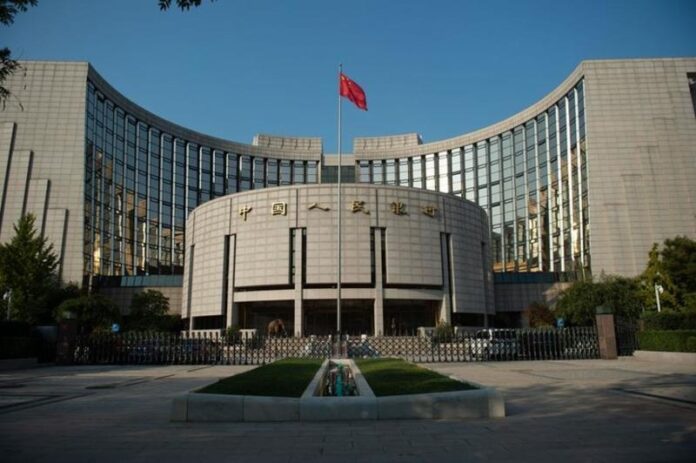BEIJING,China’s fiscal revenue decline eased in the first quarter of 2025 as authorities sought to stabilize the economy while contending with growing U.S. tariffs.
Fiscal revenue for the January–March period totalled 6.0 trillion yuan ($821.54 billion), down 1.1% from a year earlier, according to data from the finance ministry released on Friday. That marks a slower decline compared to the 1.6% drop recorded in the first two months of the year.
Tax revenue fell 3.5% year-on-year in the first quarter, while non-tax revenue rose 8.8%. Fiscal expenditure increased 4.2% over the same period.
China has set its 2025 budget deficit target at around 4% of GDP—the highest on record—in a bid to support its 5% growth goal. However, analysts warn the escalating trade war with the United States and mounting U.S. tariffs may make that target harder to hit.
Earlier this month, ratings agency Fitch downgraded China’s sovereign credit rating, citing rapidly rising government debt and mounting risks to public finances. The move underscores the delicate balancing act for Chinese policymakers trying to spur consumption while safeguarding against further trade and financial instability.
Recent economic data from China paints a mixed picture. While March saw stronger-than-expected lending and export figures, deflationary pressures persist. Consumer prices have fallen for the second consecutive month, and factory-gate prices continued their downward trend.
Despite multiple rounds of state stimulus, China’s post-COVID recovery remains fragile. Domestic demand has struggled to rebound due to low consumer confidence, a prolonged property market slump, and renewed deflationary concerns.
Officials, however, maintain that China still has sufficient policy space. Premier Li Qiang has pledged to introduce more proactive economic measures in the months ahead to support growth and stability.
($1 = 7.3034 Chinese yuan renminbi)




